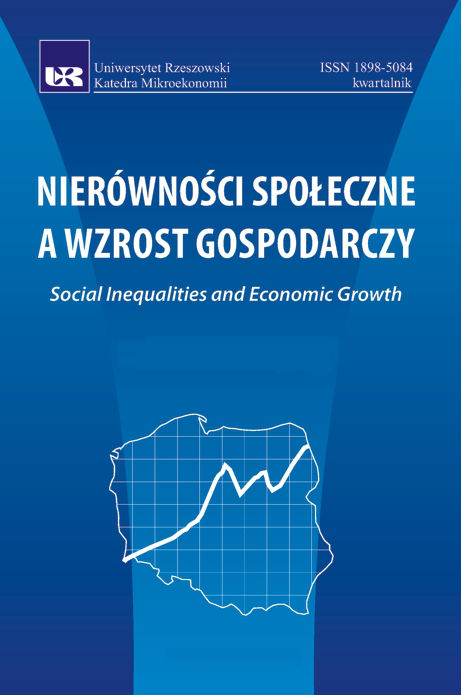Krytyka modeli statycznej równowagi – perspektywa postklasyczna
Critique of the Equilibrium Models – Postclassical Perspective
Author(s): Maciej HolkoSubject(s): Economy, Socio-Economic Research
Published by: Wydawnictwo Uniwersytetu Rzeszowskiego
Keywords: kaleckian and postkeynesian economics; general and partial equilibrium
Summary/Abstract: Since the economic theory became a mathematical description of social behavior, there are essentially two ways of thinking. The neoclassical or orthodox paradigm is based on exchange model and marginal analysis. Because the range and depth of insights is limited, nothing more is possible to investigate, than the conditions of steady-state equilibrium (general or partial), namely the scarcity and the pattern of needs. This market models are indeed not social, because the Law of Demand is based on methodological individualism i.e. on a behavior of Robinson Crusoe. In a model of two-person economy the demand function is not “well-behaved”. The theory of perfect competition is also problematic, because the demand for the products of individual firm (as a horizontal line) is inconsistent with the downward sloped market demand line. The supply side of this theory raise similar objections. Hence, the social substance of economic processes is obscure.Postclassical paradigm – rooted in classical, English political economy – consist of marxian, kaleckian, sraffian and postkeynesian (robinsonian and kaldorian) way of thinking and is aimed at explaining the dynamic processes. The economy is treated as a circular flow of production and consumption or as a continuous extended reproduction. The earmark is the theory of distribution as an element of the theory of value (price) and growth. While the neoclassical models lack the answer to the problem of the recent crisis/recession, the inspiration for a policy makers was most probably postkeynesian theory.
Journal: Nierówności Społeczne a Wzrost Gospodarczy
- Issue Year: 2016
- Issue No: 48
- Page Range: 155-169
- Page Count: 15
- Language: Polish

